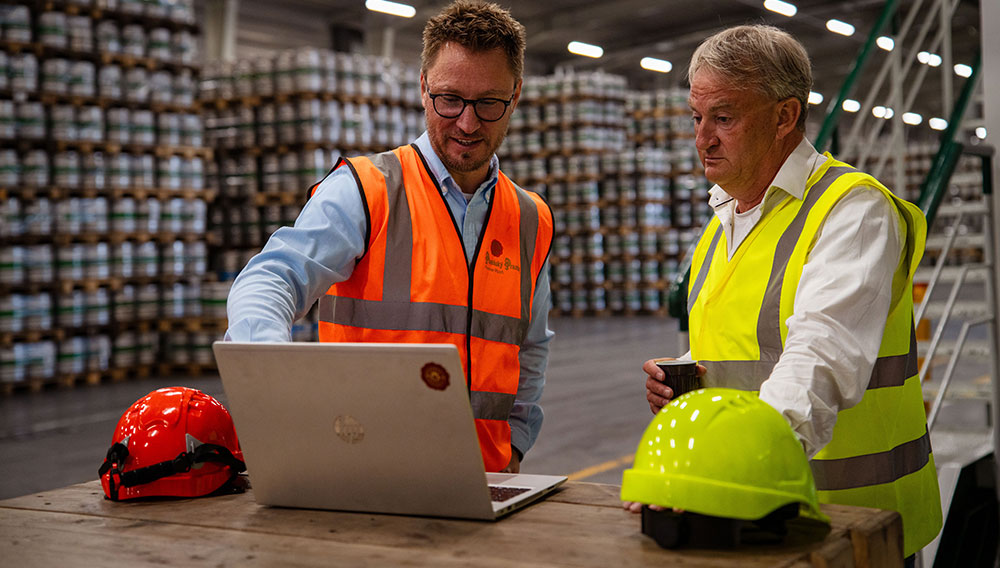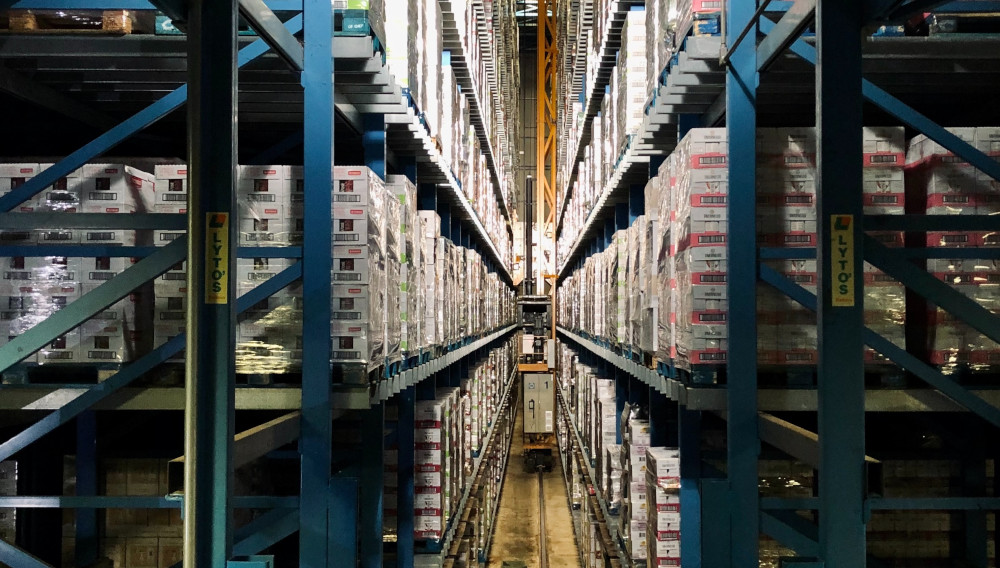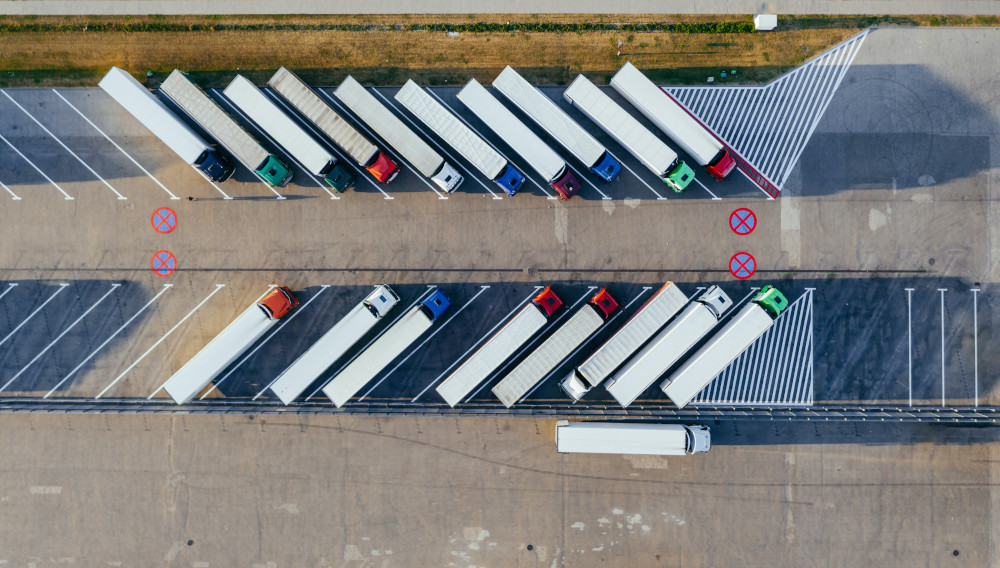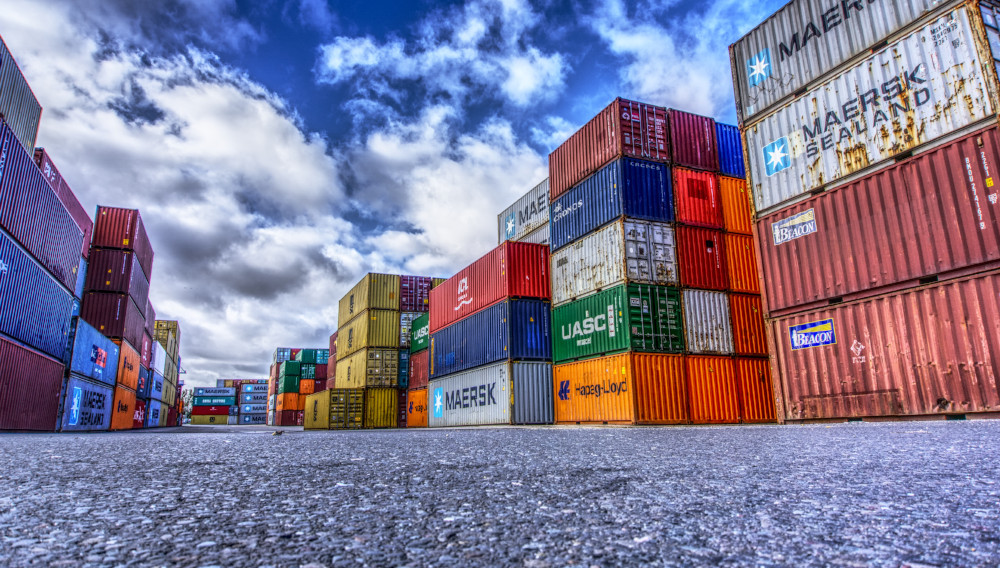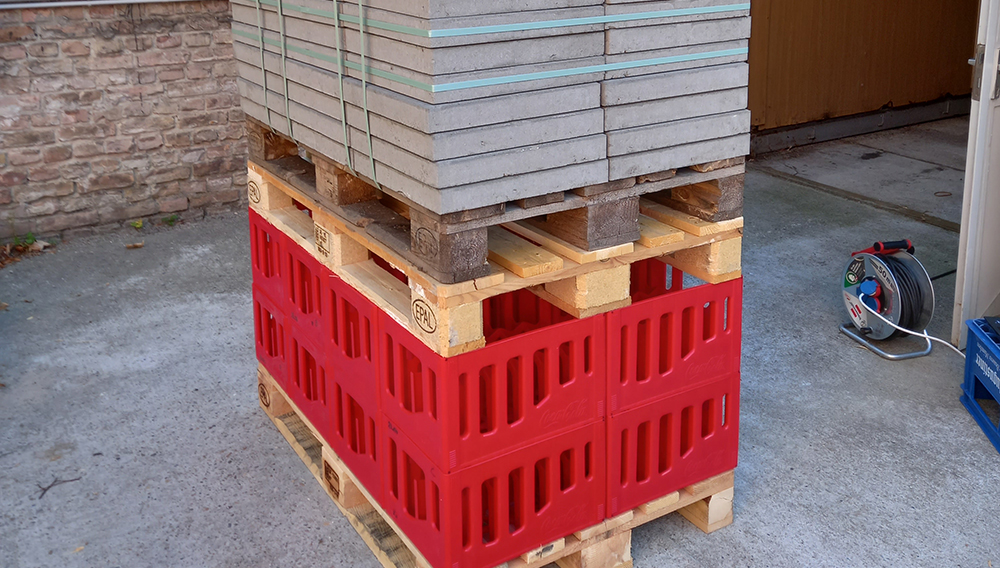
Forced pallet integrity test | The growing demand for sustainable packaging systems has prompted the beverage industry to again increase its use of returnable containers. Glass bottles in particular, which are heavier than returnable PET containers, make higher demands of the stability of load units during transportation and storage. One proven test method for assessing the long-term stability of returnable beverage crates is the pallet integrity test.

Data as a Foundation | In the dynamic world of technology, artificial intelligence (AI) has rapidly been gaining in significance. In this article, we examine the potential applications for generative AI and machine learning in the brewing industry. We address the challenges and present the opportunities each of these technologies offers and focus on specific cases already being implemented in logistics and production planning.

Identifying potentials | Efficiently and effectively recognizing relevant optimization potentials along a supply chain is one of the essential challenges of today’s supply chain management (SCM) in the brewing industry. Supply chains for beer products are generally complex, the starting points are diverse, and resources are limited. A structured SCM benchmarking of all dimensions of SCM helps to identify significant potentials quickly and accurately.
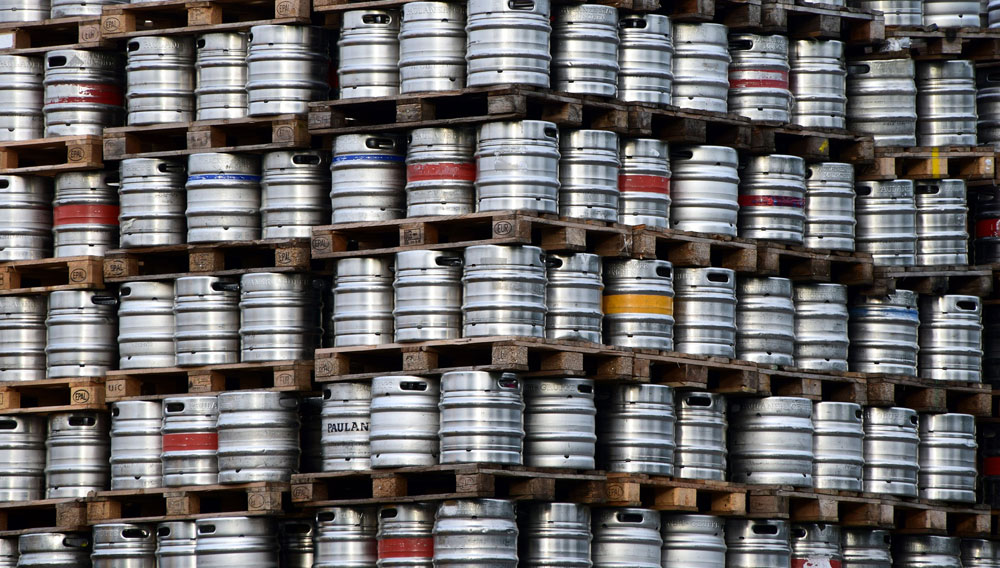
Smart kegs | Each year, billions of reuseable transport containers are in circulation the world over. Tracking and managing beverage barrels, known as ‘Kegs’, is a key challenge in the beverage industry. Modern kegs made of stainless steel can be used for an average of 30 years. However, every year between three and seven percent are lost through negligence and theft. Here, the use of digital technology can help to detect losses early on.

Global service provider | In the last thirty years, with its wealth of expertise family business Schwarz Logistik in Nuremberg has earned itself an excellent reputation in hop logistics and in the transportation, storage and import and export of hop products. To mark its 40th anniversary, BRAUWELT talked to managing director Susanne Schwarz and her husband Christian Schwarz-Baumann, the man responsible for hops at Schwarz Logistik.
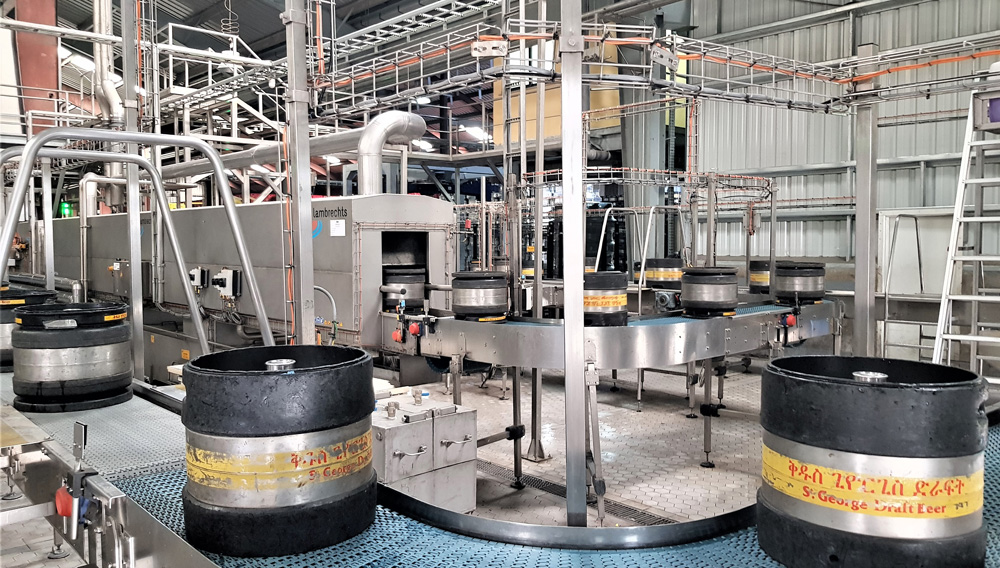
Asset control | Like all breweries today, BGI Ethiopia, Addis Ababa, Ethiopia, has been continuously facing significant financial losses related to the loss of their kegs. To resolve the problem, they engaged experts in breweries automation from Montelektro and their partners from 8Sigma, whose expertise is developing Manufacturing Execution System (MES) and similar Industry 4.0 solutions.

From taproom to retail | With over 8000 craft and independent breweries now in the US, and macro brewers attempting to protect their market share, the growth in competing beer brands has exceeded the growth in consumer dollars available to purchase them. Resulting financial pressures, exacerbated by the effects of COVID-19 and the waning novelty of craft beers, have forced many microbreweries to shut down. However, more retailers now offer craft beers to their customers alongside macro brews, giving savvy microbreweries an opportunity to move into retail sales. The process that produced a hundred barrels will require a radical upgrade to produce thousands of barrels, including new methods of moving bulk ingredients to and from each step of the brewing process.
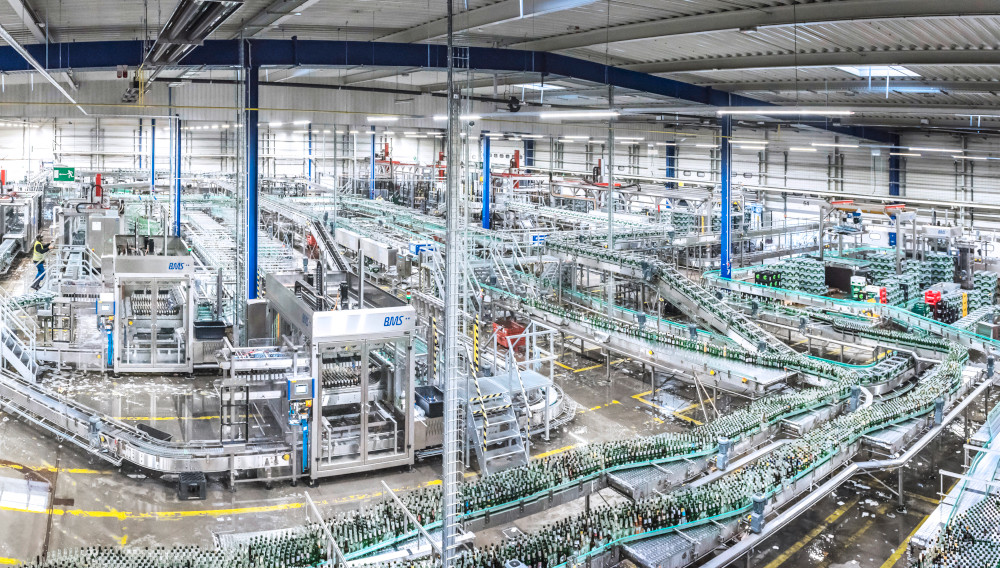
Mammoth project | In 2019 one of the most powerful and complex sorting systems in Europe went into operation in Bremen, Germany. With a rated output of 4500 crates per hour and seven sorting streams in an area of around 3000 m2, it was a mammoth project for BMS Maschinenfabrik GmbH from Pfatter, also in Germany.
Smart Facotry | Sidel, Parma, Italy, and Elettric80, Viano, Italy, have started a strategic alliance to provide comprehensive services ranging from production to warehouse, distribution centre and logistics management for beverage and food, home and personal care (FHPC) producers. Both companies will act as a one-stop source, allowing producers to become more flexible, safe and sustainable with Smart Factory tailored solutions.
Survey | A current study deals with how widespread software tools in supply chain management are in the food industry. Take part in the online survey.
USA | Shipping beer and glass over long distances scores poorly on sustainability. Rabobank analyst Francois Sonneville favours a hybrid model, inspired by the wine industry, whereby beer is produced in the country of origin, shipped in bulk, and bottled in the market.
For years, the beer industry has been challenged with keeping track of keg assets, aware that distance from the brewery increases the likelihood of losing expensive stainless steel kegs. Market expansion becomes a more expensive proposition when one factors in the cost of lost or stolen kegs.

